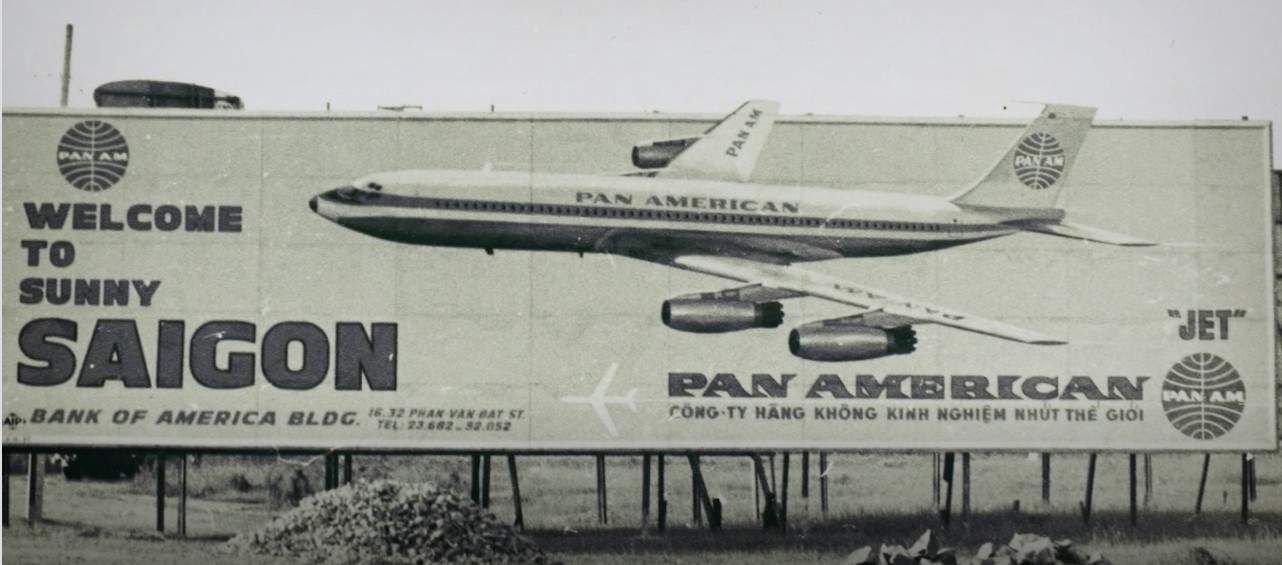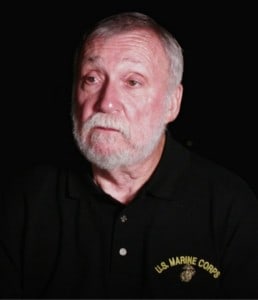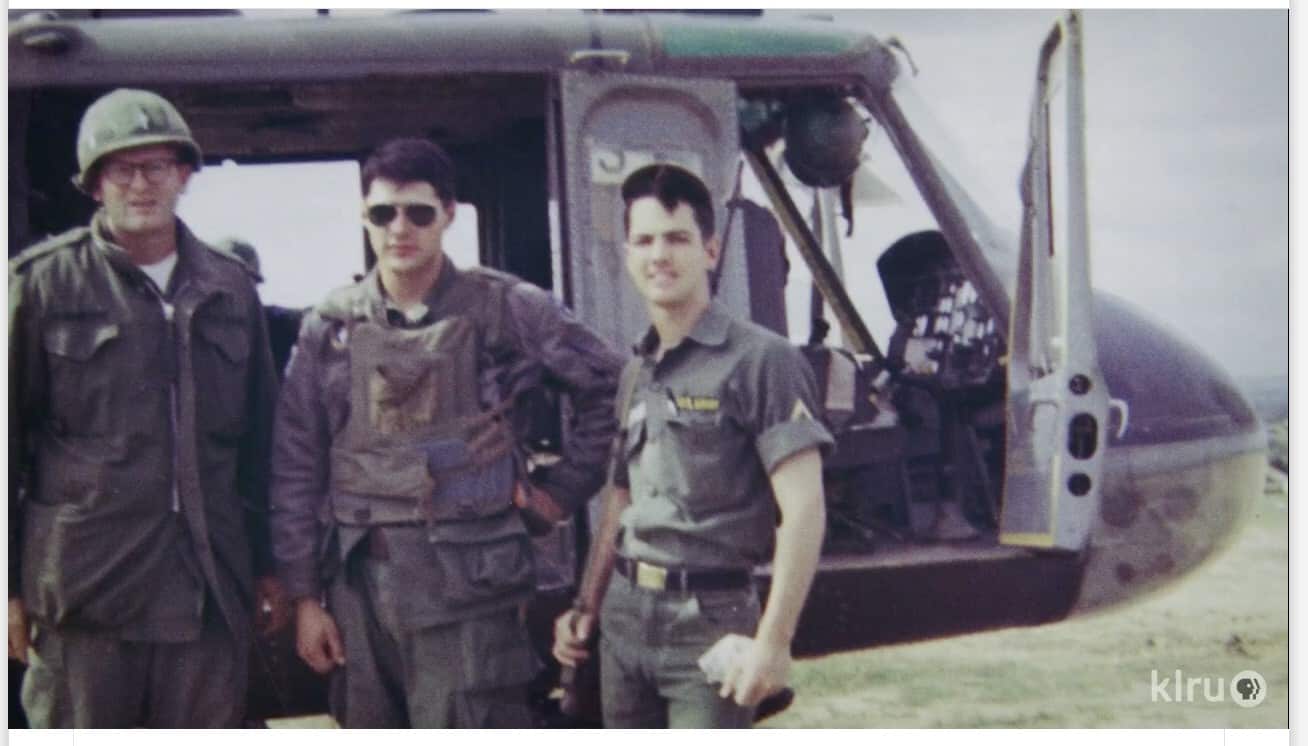Joy Ehly recalls landing in Tan Son Nhut Air Base during the Vietnam War. A Red Cross nurse at the time, Ehly said a cheery PanAm sign welcoming visitors to Saigon contrasted with dreary weather conditions.

“You were immediately jolted by the heat and the humidity. Everything was so damp, and there was this odor,” she told the producers of the Austin documentary, “Austin Revealed: Stories from Vietnam.”
The documentary combined Ehly’s memories of the war with the diverse perspectives of Vietnam veterans, war protestors, South Vietnamese refugees, and South Vietnamese veterans.
“We talked to people from Central Texas; people whose lives had been touched and changed forever by the Vietnam War,” said Judy Maggio, director of news and public affairs at KLRU-TV, PBS Austin. She helped produce the film as part of the PBS Stories of Service Wavelength Series.
The film was screened on the first day of the 2018 Military Social Work Conference, a biennial event organized by the Steve Hicks School of Social Work for clinical providers, researchers and educators who want to enhance their skills and knowledge to work with military personnel, veterans and their families.
“Our goal is to increase the availability of training in military social work for providers based in the community, the Department of Defense, and the Department of Veterans Affairs,” said Elisa Borah, one of the conference organizers. “We had more than 250 attendees this year, and we are glad we can help build connections and community around the mutual goal of providing the best supports and research-based programs for service members, veterans, and their families.”

Don Dorsey, a veteran interviewed in the film, was in in attendance. Dorsey and his twin brother, Ron, served in the Marine Corps during the Vietnam war. After the film screening, Dorsey shared his post-war experience and answered questions that members of the audience had about the emotional trauma he sustained after the war.
Dorsey said he self-medicated with drugs and alcohol for many years. He eventually sought professional help when a friend took him to a newly opened veteran service center. A few months later, Dorsey was diagnosed as 50 percent disabled with PTSD and could at last receive services to address his condition.
“Things like the group therapy helped a lot,” Dorsey said. “When I was first diagnosed, eight of us [veterans] formed a group, and I learned a lot. It helped to know that others had experienced the same things I had.”
Maggio said that Dorsey and the other veterans who had participated in the film told her that the interviewing process for the documentary had been therapeutic for them by allowing them to reflect on their experiences.
“Unlike a lot of interviews where we’re under time constraints, for the documentary we just let them talk,” Maggio said. “Two hours would pass and they were still talking. Some of these stories were so touching, so gripping that it was hard to turn the camera off and end the interview.”
To find stories for the film, Maggio and other producers worked with TexVet, a statewide veteran service organization and the Vietnamese American Community of Austin Texas (VACAT). Word-of-mouth talk about the film helped her find other unique perspectives like that of Ehly, who had once taught Maggio’s daughter during preschool.
The 2017 film has since been aired to veterans groups and other local events, and it has received positive feedback, Maggio said.
“What we wanted to with the film was spark conversation and spark engagement,” she said. “We can’t talk about this stuff enough because it’s still so present in our culture. There’s a lot of issues with veterans that haven’t been addressed still.”
By Lynda Gonzalez. Posted September 11, 2018.


